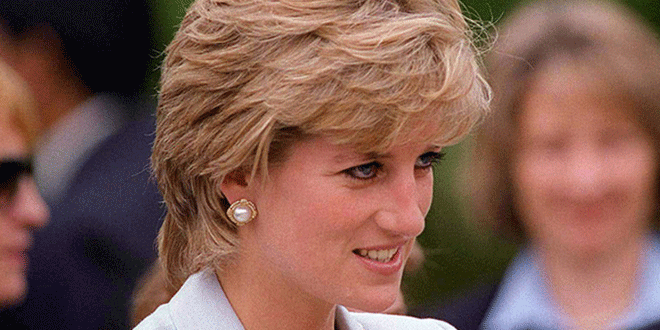
Why does it hurt so much when a celebrity dies?
When icons die, the outpouring of public grief can easily be written off as mass hysteria.
There are snide terms for it. “Mourning sickness” describes supposedly ostentatious group grieving, while “grief porn” is used to describe the voyeuristic media coverage of that collective angst.
But psychologists say the emotional pain of “losing” a star like Prince can be very real – and personal.
It can also leave entire groups of people grappling with deeply uncomfortable existential questions, especially when celebrity deaths happen in spates.
“Individuals often form deeply ‘affective relationships’ with celebrities with whom they have never had a face-to-face relationship,” says Liverpool Hope University sociology lecturer Michael Brennan.
“This does not invalidate the grief-like reactions individuals may experience.”
The dramatic death of Princess Diana in a car crash in Paris in 1997 is cited by many as having triggered the first massive, public mourning for a celebrity.
In the month after her funeral, suicides in England and Wales were up 17.4 per cent, according to a study published in theBritish Journal Of Psychiatry in 2000.
It concluded that “the death of a major public figure can influence rates of suicidal behaviour”.
“Mourning of public figures might be taken less seriously by some,” says Carie Schuster, a chartered psychologist from Wiltshire, England.
“We just need to remember the statistics associated with the death of Lady Diana.”
Compassion, empathy
The event, and others like it, may be “enough to cause some individuals catastrophic emotional imbalance”, she said.
UK-based clinical psychologist Hamira Riaz says Prince fans have been going through very typical phases of mourning on fora such as Twitter — individually and as a collective.
“There were elements of denial and shock at the beginning, there are feelings of anger about the year turning out to be a year where we lost so many people, there’s a sense of depression in the way people are remembering,” she says.
Generation X – people born between the mid-1960s and early 1980s – would be hardest hit, said the experts, as Prince’s music formed the soundtrack to their young adult lives.
His demise would have sparked reminiscences about that time, a yearning for people since lost, and regret for hopes and dreams that never materialised.
“The fan mourns not only the loss of the celebrity but other aspects of their personal life which have become bound-up with the celebrity,” Brennan says.
We question our own mortality especially when the death is for a celebrity we have admired for a long time.
Prince’s death also shattered the fantasy of immortality we tend to attach to the beautiful and talented.
“This is a bit of a wakeup call for anybody who buys into that philosophy that you are only as old as you acknowledge, because obviously that is not true,” Riaz says.
“If you’re 57, you’re 57, and… you can die in an elevator alone no matter how rich you are and no matter how talented you are.”
The loss of Prince may be tougher to deal with than some other celebrity departures, coming so soon after David Bowie’s death in January, she says.
“As a collective, we seem to be able to handle this when it happens years and years apart,” Riaz says.
“This seems to be a pretty dark year so far, so I think that’s going to set off a degree of questioning of what this year is about and what that means for us personally.”
The bottom line: Do not underestimate the grief of Prince fans.
“This is bad news for some people,” says Riaz.
“Much as you would respond to anybody who’s received bad news, a degree of compassion and empathy is appropriate.”
Source: AFP Relaxnews

